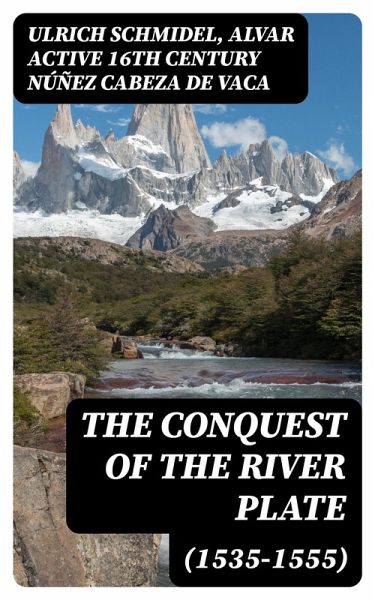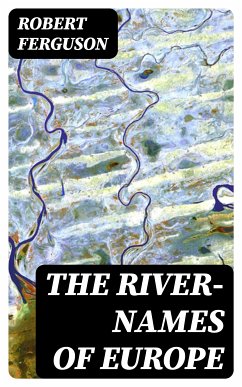
The Conquest of the River Plate (1535-1555) (eBook, ePUB)

PAYBACK Punkte
0 °P sammeln!
The anthology 'The Conquest of the River Plate (1535-1555)' brings together pivotal narratives from the historical encounters and dramatic adventures during early European explorations of South America. Set against the backdrop of the lucrative and turbulent endeavors of the Spanish and Portuguese crowns, the collection comprises firsthand accounts that deliver vivid tales of survival, conquest, and cultural exchange. Insightful observations on indigenous societies blanket these texts, weaving a multifaceted tapestry of 16th-century exploration. The narratives balance between documentary preci...
The anthology 'The Conquest of the River Plate (1535-1555)' brings together pivotal narratives from the historical encounters and dramatic adventures during early European explorations of South America. Set against the backdrop of the lucrative and turbulent endeavors of the Spanish and Portuguese crowns, the collection comprises firsthand accounts that deliver vivid tales of survival, conquest, and cultural exchange. Insightful observations on indigenous societies blanket these texts, weaving a multifaceted tapestry of 16th-century exploration. The narratives balance between documentary precision and engaging story-telling, with standout pieces that evoke the perils and triumphs faced by the explorers navigating the uncharted territories of the River Plate basin. The authors whose works populate this collection, including notable explorers Ulrich Schmidel and Alvar Núñez Cabeza de Vaca, are emissaries of European colonialism whose experiences broaden the reader's perspectives on this historical epoch. Their writings, each marked by a distinct lens through the convergence of personal endeavor and colonial mission, offer crucial insights into the dynamics of the Renaissance and its interplay with the New World. Grounded in the broader context of the Age of Discovery, these accounts enrich the scholarly discourse on intercultural encounters, colonizer-native relations, and the early documentation of South American geography and ethnography. Readers embarking on 'The Conquest of the River Plate (1535-1555)' are offered a unique opportunity to engage with a rich collection of exploratory narratives that portray a world on the brink of transformation. This anthology not only invites readers to appreciate the daring spirit and cultural implications of these expeditions but also serves as an invaluable educational resource to comprehend the multilayered impacts of cross-continental exchange. Through the prism of these explorers' varied accounts, the collection stimulates thoughtful dialogue and reflection on the complexities of colonial legacies, making it an indispensable addition to the libraries of history enthusiasts and scholars alike.
Dieser Download kann aus rechtlichen Gründen nur mit Rechnungsadresse in A, B, BG, CY, CZ, D, DK, EW, E, FIN, F, GR, H, IRL, I, LT, L, LR, M, NL, PL, P, R, S, SLO, SK ausgeliefert werden.













